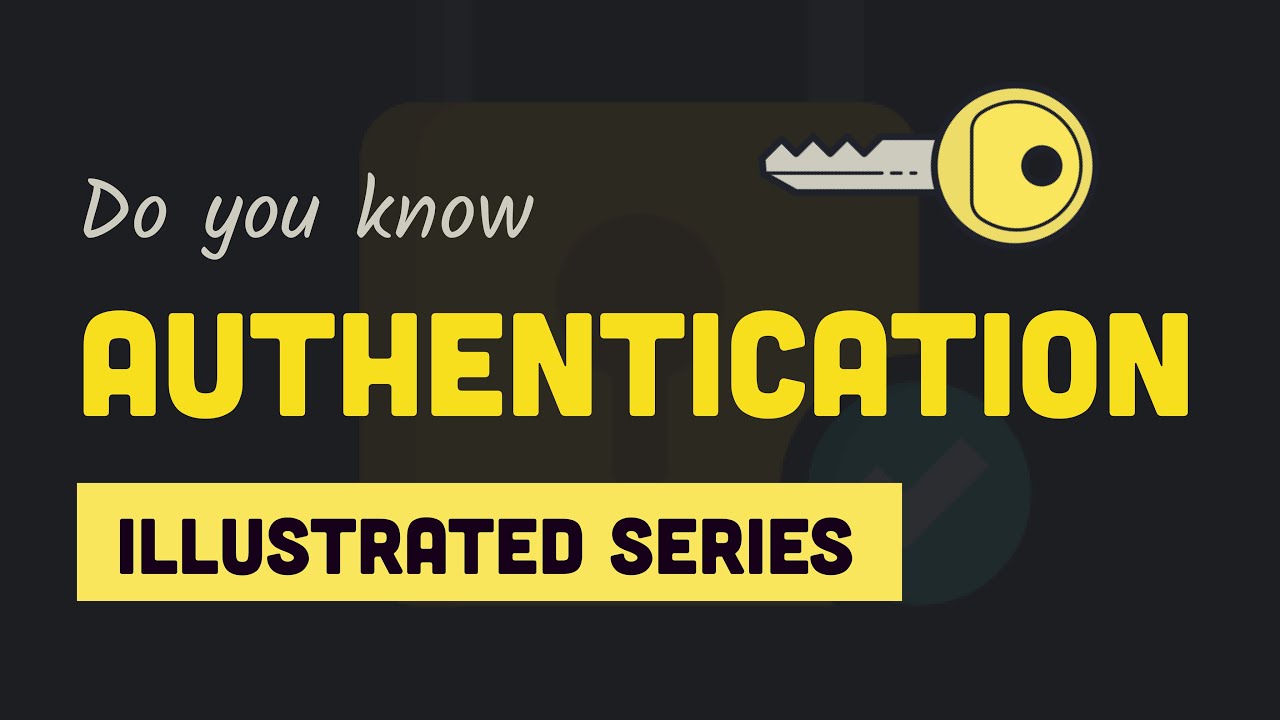Apa itu DEMOKRASI ? | Seri Sejarah dan Asal-usul
Summary
TLDRThis video explains democracy, covering its definition, history, principles, types, and pros and cons. It begins with the etymology of the word 'democracy' and various historical definitions from notable figures. The history section traces democracy from ancient Greece and Rome to modern times. The video then outlines the characteristics and principles of democratic governance, followed by a discussion on different forms of democracy. Lastly, it highlights the advantages and disadvantages of democracy and lists countries that practice full or flawed democracy. Viewers are encouraged to engage by liking, sharing, and subscribing.
Takeaways
- 😀 Democracy, derived from 'demos' (people) and 'kratos' (power), essentially means 'power of the people'.
- 🏛️ Different historical figures have varying definitions of democracy, reflecting their political ideologies.
- 📚 Franklin D. Roosevelt emphasized that the government is the people themselves, not just the president, senators, or congressmen.
- 🤔 Benito Mussolini, known for his fascist views, considered democracy a theoretical ideal but a practical mess.
- 📖 Aristotle defined democracy as the rule of the poor, contrasting with the rule of the wealthy.
- 🏛️ The concept of democracy first emerged around 508-507 BCE in ancient Athens, with direct democracy and random selection of officials.
- 🏙️ The Roman Republic is noted for its significant contributions to the democratic system, especially through its representative democracy.
- 🗳️ Modern democracies often adopt a representative system, where elected officials make decisions on behalf of the people.
- 🌍 The spread of democracy has been influenced by various historical events, including revolutions, decolonization, and economic conditions.
- 🏆 Countries like Norway, Iceland, Denmark, and Sweden are considered to fully practice democracy, while others like Argentina and Brazil have imperfect democratic systems.
- 🔍 Democracy has both strengths, such as fairness and political stability, and weaknesses, including the tyranny of the majority and the potential for political gridlock.
Q & A
What is the origin of the word 'democracy'?
-The word 'democracy' originates from the Greek words 'demos' meaning people, and 'kratos' meaning power. Thus, it literally means 'the power of the people'.
What is Franklin D. Roosevelt's view on democracy?
-Franklin D. Roosevelt believed that democracy is about the people being the government, not foreign powers. He emphasized that the main power in a democracy should not be a president, senators, or congressmen, but the voters in the nation.
How does Benito Mussolini define democracy?
-Benito Mussolini, known for his fascist views, defined democracy as something beautiful in theory but chaotic in practice. He did not see it as an effective form of governance.
What is Aristotle's perspective on democracy?
-Aristotle defined democracy as a system where the poor have power, rather than those from the wealthy class.
When and where did the concept of democracy first emerge?
-The concept of democracy first emerged around 508 to 507 BCE in ancient Greece, specifically in the city-state of Athens, through the reforms of Cleisthenes.
How did the Spartans practice democracy in 700 BCE?
-The Spartans practiced democracy through a system of voting where each voter would score candidates, and the candidate with the highest score would win. This was part of a monthly ritual called the Apella.
What contribution did the Romans make to the system of democracy?
-The Romans are often credited with contributing significantly to the system of democracy, particularly by being the first to use a republican form of government among Western civilizations. They adopted many Greek ideas but applied them more comprehensively.
What is the significance of the Magna Carta in the development of democracy?
-The Magna Carta, signed in 1215, was a significant step in the development of democracy as it represented an agreement between King John and the church, which included the protection of rights and the beginning of parliamentary representation.
What are the key characteristics of a democratic government?
-Key characteristics of a democratic government include constitutionalism, representation, free and fair elections, separation of powers, and accountability of elected officials.
What are some of the advantages and disadvantages of democracy?
-Advantages of democracy include fairness, stability, transparency, and the ability to prevent corruption. Disadvantages can include short-term focus by elected officials, potential tyranny of the majority, dependence on education and culture, and the high cost and time of elections.
Which countries are considered to fully practice democracy?
-Countries such as Norway, Iceland, Denmark, Sweden, New Zealand, Australia, Switzerland, Canada, Finland, the Netherlands, Luxembourg, Ireland, Austria, Germany, Malta, the Czech Republic, Uruguay, the United Kingdom, and the United States are considered to fully practice democracy.
What are some examples of countries that do not fully practice democracy?
-Examples of countries that do not fully practice democracy include Argentina, Brazil, Venezuela, Chile, Colombia, Croatia, the Dominican Republic, El Salvador, Estonia, France, Greece, Guyana, Hungary, India, Indonesia, Israel, Italy, Jamaica, Latvia, Lithuania, Macedonia, Malaysia, Mexico, Moldova, Montenegro, and others.
Outlines

This section is available to paid users only. Please upgrade to access this part.
Upgrade NowMindmap

This section is available to paid users only. Please upgrade to access this part.
Upgrade NowKeywords

This section is available to paid users only. Please upgrade to access this part.
Upgrade NowHighlights

This section is available to paid users only. Please upgrade to access this part.
Upgrade NowTranscripts

This section is available to paid users only. Please upgrade to access this part.
Upgrade NowBrowse More Related Video

What is Computer Network? full Explanation | PAN, LAN, MAN and WAN Network

Group Dynamics and Process: Introduction

UK Political System

Democracy Explained: Exploring the 8 Types of Democracy and How They Shape Your World @ConsultKano

Authentication Fundamentals | Authentication Series

Menentukan Media Promosi | Segmentasi Pasar | Promosi
5.0 / 5 (0 votes)